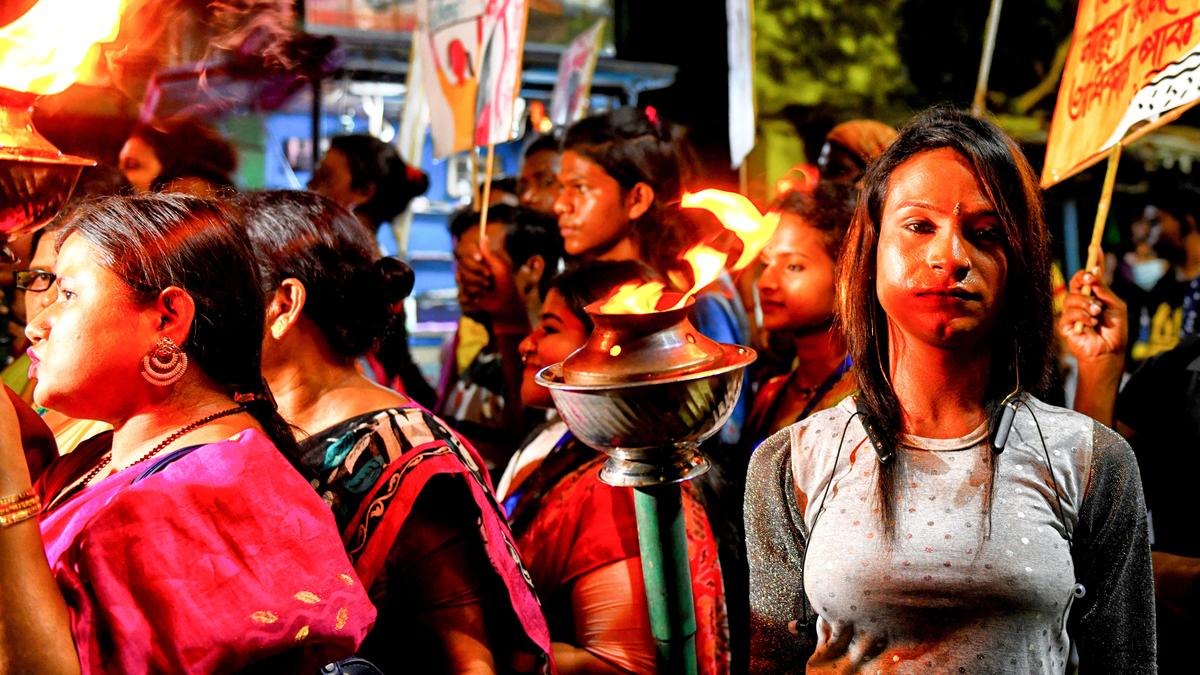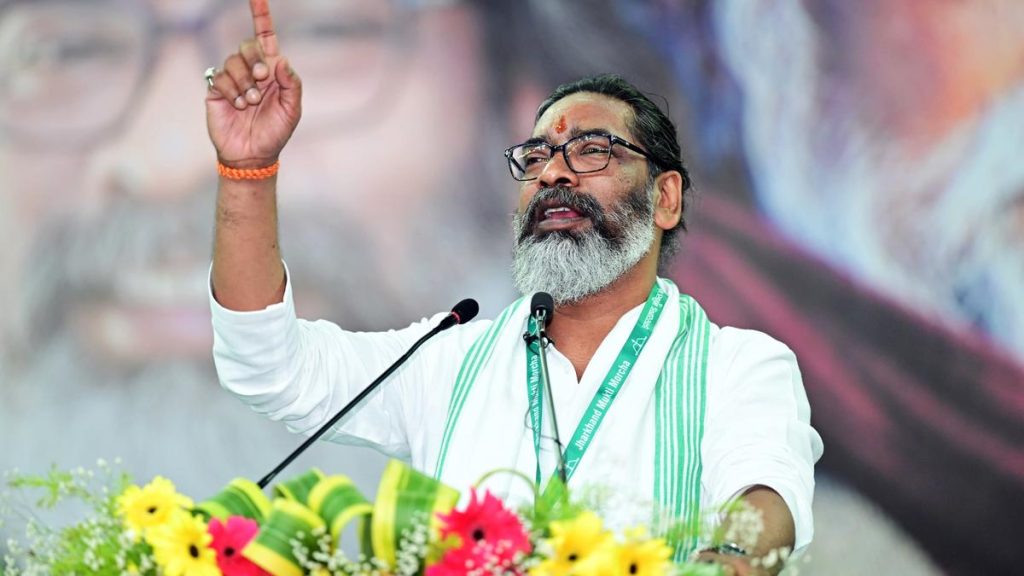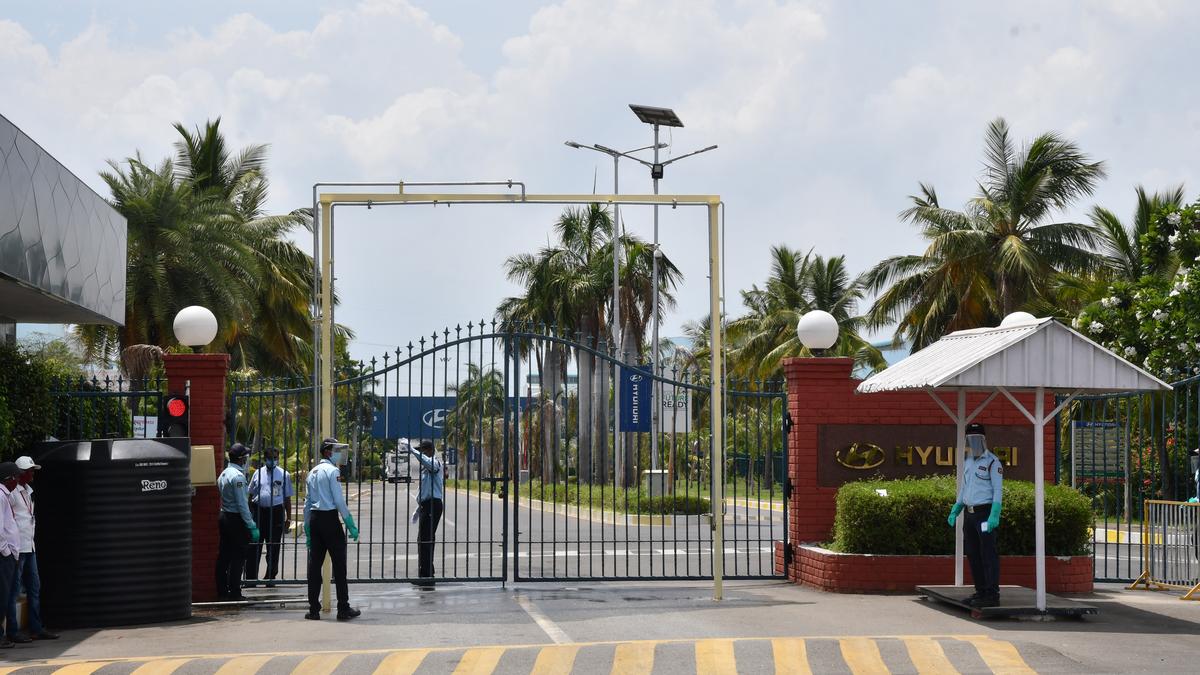Now Reading: Sonagachi Sex Workers Advocate for Rights to End Exploitation: DMSC Speaks Out
-
01
Sonagachi Sex Workers Advocate for Rights to End Exploitation: DMSC Speaks Out
Sonagachi Sex Workers Advocate for Rights to End Exploitation: DMSC Speaks Out

Quick Summary
- Event and Background: The Durbar Mahila Samanwaya Commitee (DMSC), an organization for sex workers’ rights in Sonagachi, Kolkata, celebrated 30 years of its existence on July 15. DMSC was founded in 1992 to address HIV/AIDS awareness and now advocates for workers’ rights.
- Impact of DMSC:
– Established the USHA Cooperative to enable financial independence for sex workers.
– Rescued and rehabilitated over 2,000 women who were trafficked or coerced into sex work.
– Fought legal battles such as organizing their own Durga Puja despite societal resistance.
- Social Realities:
– Sonagachi is a red-light district wiht around 12,000 women living there; DMSC represents a total of about 28,000 members statewide.
– Sex workers face stigma from society but continue empowering themselves through education, financial cooperatives, and community building.
- Challenges: Workers regularly encounter violence from intoxicated customers and societal discrimination.Despite progress in baseline services like obtaining ID proofs or bank accounts, stigma limits public recognition of their labor rights.
- Voices and Resistance:
– Leaders like Bishakha Laskar advocate for decriminalizing sex work to curb trafficking while treating it as valid labor.- Families’ acceptance varies; some women conceal their profession to preserve familial relationships or social standing.
Indian Opinion Analysis
The journey of the Durbar Mahila Samanwaya Committee sheds light on an intersectional issue blending gender equality with class struggle. By framing sex work as labor rather than deviance-a viewpoint aligned with global human rights movements-it places emphasis on dignity over stigma. The creation of cooperatives like USHA exemplifies innovation within adversity by enabling financial agency among marginalized groups.
For india at large, stories from Sonagachi present broader questions regarding inclusion within public policy frameworks. While discourse surrounding decriminalization remains contentious socially and legally,evidence suggests that formal recognition could offer better safeguards against exploitation while addressing trafficking more effectively through regulation rather than prohibitionist measures. With landmark judgments already recognizing prostitution as a legitimate profession (e.g., the Supreme Court ruling cited), integrating thes communities into existing labor reforms could be the next logical step toward equity without endorsing abuse or coercion within this space.
Read more: Link
























